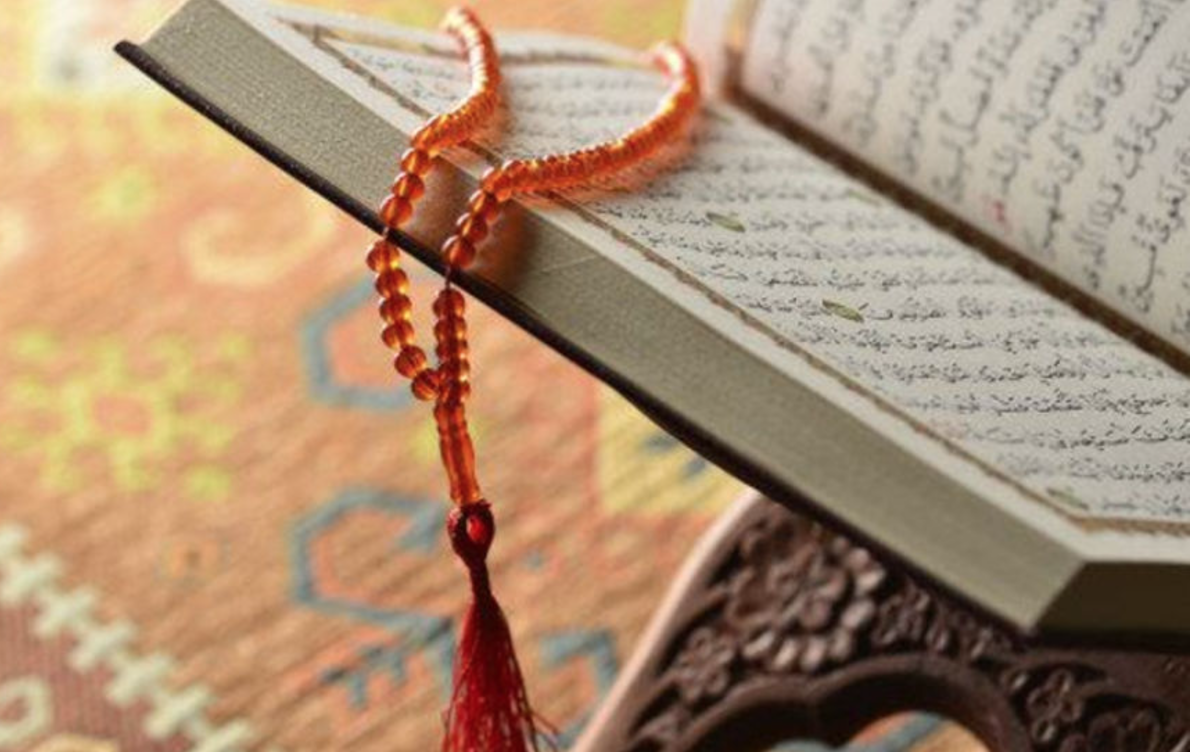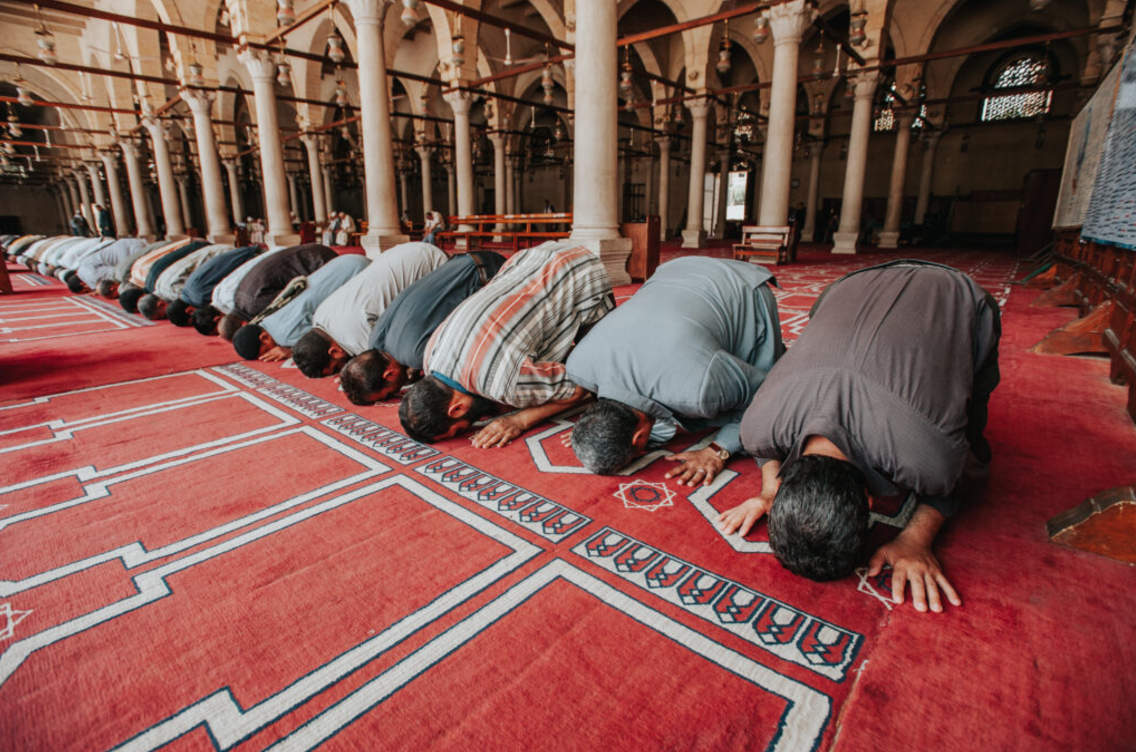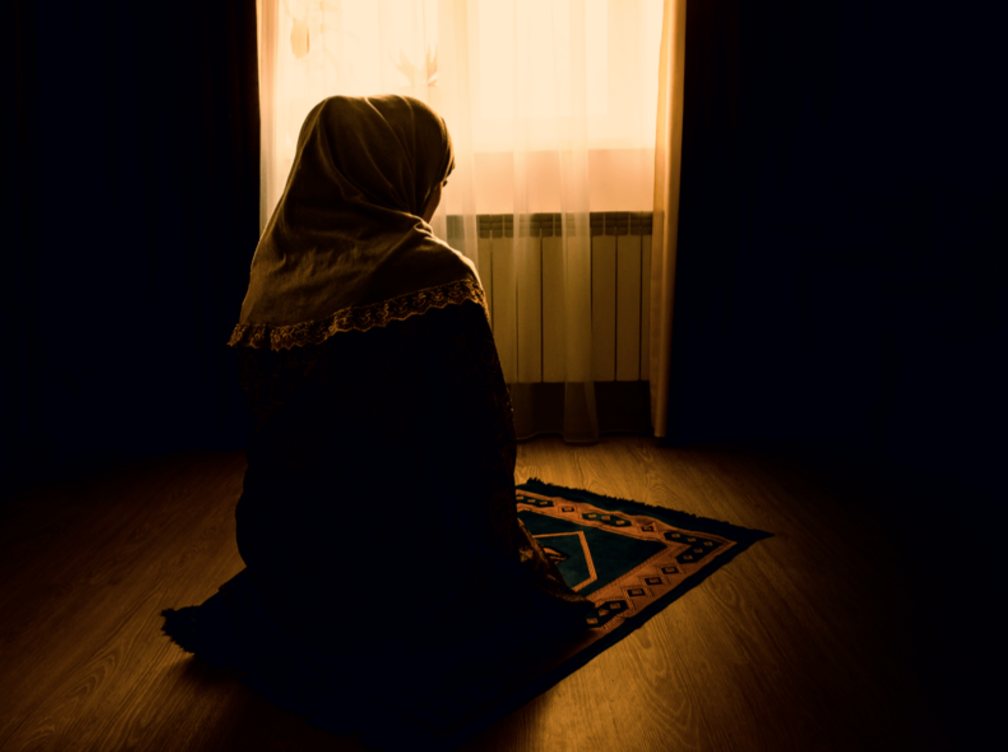10 Famous Prayers Among Muslims
Prayer is a cornerstone of Islamic faith, serving as a direct connection between a believer and Allah. It provides structure, comfort, and guidance, shaping the lives of Muslims spiritually and practically. From obligatory acts of worship to heartfelt personal supplications, these prayers reflect the depth of devotion in Islam. This article explores ten famous prayers that hold a special place in the lives of Muslims worldwide.
1. Salah (Obligatory Prayers)
Salah, the five daily prayers, is one of the Five Pillars of Islam and a mandatory act of worship for every Muslim. These prayers—Fajr (dawn), Dhuhr (noon), Asr (afternoon), Maghrib (sunset), and Isha (night)—are performed at specific times throughout the day. Each prayer involves physical movements and recitations, starting with Surah Al-Fatihah (The Opening) and verses from the Quran.
Salah symbolizes discipline, submission, and gratitude, fostering a constant connection with Allah. Through its structured timings, Salah integrates spirituality into daily life, reminding believers of their purpose and reliance on the Creator.
2. Dua (Supplications)
Dua is a deeply personal form of prayer that allows Muslims to directly communicate with Allah. Unlike Salah, there are no set words or timings for dua, making it a versatile and intimate act of worship. Common duas include those for protection, guidance, and forgiveness. For example:
“Rabbana atina fid-dunya hasanatan wa fil-akhirati hasanatan wa qina adhaban-nar” (Our Lord, grant us good in this world and good in the Hereafter, and protect us from the torment of the Fire).
Prophet Muhammad (peace be upon him) encouraged Muslims to make dua frequently, emphasizing its role in seeking Allah’s mercy and blessings.
3. Istikhara (Prayer for Guidance)
Istikhara is a special prayer performed when a Muslim seeks guidance from Allah regarding an important decision. The prayer involves two units of Salah, followed by a specific dua asking for clarity and blessings:
"O Allah, I seek guidance from Your knowledge and power and ask for Your great bounty..."
Muslims often perform Istikhara before major life choices, such as marriage, career decisions, or relocation. It reflects reliance on Allah’s wisdom and a commitment to aligning personal choices with divine will.
4. Tahajjud (Night Prayer)
Tahajjud is a voluntary prayer performed during the late hours of the night, typically after waking up from sleep. Known for its profound spiritual rewards, Tahajjud is a time for deep reflection and connection with Allah.
The Quran highlights its importance, stating:
"And during the night, wake up and offer the prayer as an additional worship for you; it is expected that your Lord will resurrect you to a praised station." (Surah Al-Isra: 79)
Performing Tahajjud involves offering at least two units of prayer and making heartfelt duas during the peaceful hours of the night.
5. Witr (Odd-Numbered Prayer)
Witr is a unique prayer performed after Isha, consisting of an odd number of units—commonly one, three, or five raka’ahs. It is strongly recommended and is often seen as a way to conclude the day’s worship.
The Prophet Muhammad (peace be upon him) described Witr as a shield of protection, urging believers not to neglect it. Its flexibility makes it accessible, allowing Muslims to choose the number of units based on their circumstances.

6. Tarawih (Ramadan Night Prayers)
During Ramadan, Muslims perform Tarawih after Isha prayer as a form of communal worship. This prayer involves reciting long portions of the Quran, often completing the entire Quran over the month.
Tarawih strengthens community bonds as believers gather in mosques to worship together. While the number of raka’ahs varies between traditions, the spirit of devotion and reflection remains central to the prayer.
7. Janazah (Funeral Prayer)
Janazah is a prayer offered for a deceased Muslim, emphasizing the community’s role in supporting one another through life and death.
Performed in congregation, it consists of standing postures and specific supplications, including prayers for the deceased’s forgiveness and mercy. Janazah is a reminder of life’s transient nature and the importance of preparing for the Hereafter.
8. Eid Prayers (Eid al-Fitr and Eid al-Adha)
Eid prayers mark the culmination of Ramadan and the commemoration of Prophet Ibrahim’s (Abraham) willingness to sacrifice for Allah. These prayers are performed in large congregations, followed by sermons.
Eid al-Fitr celebrates the end of fasting, while Eid al-Adha honors the spirit of sacrifice. Both prayers embody gratitude, unity, and joy, bringing communities together in festive celebrations.
9. Jumu’ah (Friday Congregational Prayer)
Jumu’ah is a weekly congregational prayer held on Fridays, replacing the Dhuhr prayer. It includes a sermon (khutbah) addressing spiritual and social topics, followed by two units of prayer.
As a collective act of worship, Jumu’ah fosters unity and reminds Muslims of their shared faith and responsibilities. Attending Jumu’ah is considered obligatory for male Muslims and highly recommended for others.
10. Arafah Dua (Day of Arafah Supplication)
The Day of Arafah, observed during Hajj, is one of the holiest days in Islam. Muslims recite a powerful dua on this day:
"La ilaha illallah wahdahu la sharika lah, lahul-mulku wa lahul-hamdu wa huwa ‘ala kulli shay’in qadeer" (There is no god but Allah, alone without partner. To Him belongs sovereignty and praise, and He is over all things powerful).
This dua reflects submission, gratitude, and hope for forgiveness. It is particularly significant on this sacred day.
From the structured daily Salah to heartfelt personal supplications, prayer is the essence of a Muslim’s relationship with Allah. These famous prayers enhance spirituality, provide guidance, and foster a sense of unity among believers. Incorporating these prayers into daily life serves as a reminder of the profound connection between humans and the divine.
|

